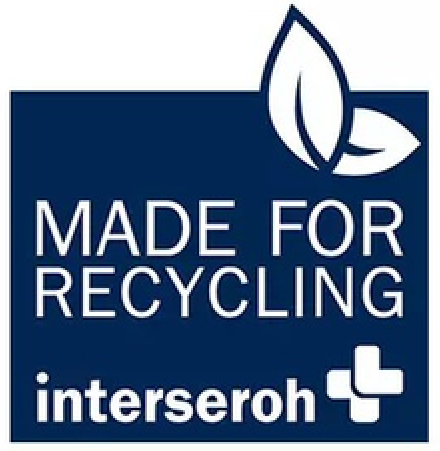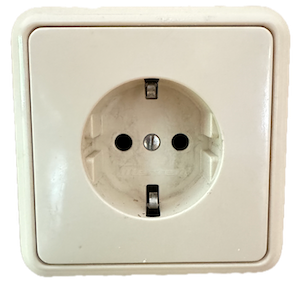Endurance refers to the body 's resistance to fatigue and its ability to regenerate quickly after exertion (particularly in relation to sporting activities ) 1 . We are talking here in particular about long-term endurance LZA 2 (35 min to 90 min), LZA 3 (90 min to 6 hours) and LZA 4 (more than 6 hours). In these areas, glycogen stores may be depleted if energy is not replenished in time.
Demarcation
What is the difference between the conditions in endurance training and those in competition? Why differentiate the product? The WETTKAMPF powder was specifically developed to provide the highest possible amount of carbohydrates via various transport routes, to provide energy as quickly as possible without delaying effects and to be particularly digestible even over longer periods. The amount of salt (sodium source) is around 2%, which is adapted to the requirements even in warmer conditions and supports the absorption of carbohydrates. 93g are used in 750 ml of water per hour. The special formula in terms of glucose:fructose (1:0.8) is high. Really use the product under stress and train accordingly. With sufficient training and appropriate adjustment of the dosage, a maximum absorption of up to 120g of carbohydrates per hour can be achieved.
Benefits of WETTKAMPF
Since at intensities above 80% of VO2-max there is no strong insulin release due to the release of catecholamines 2 , we can work with a pure dextrose monohydrate/fructose mixture in the WETTKAMPF powder.
Proteins in stress nutrition
In the current study situation, there is a broad consensus that adding additional protein to a carbohydrate drink during exercise does not have a performance-enhancing effect. 3
Back to long-term endurance
It is important to avoid the energy deficit that you are working towards for as long as possible, if not completely. However, this is very difficult to achieve with an average glycogen store of 2,000 kcal and a consumption of around 10,000 kcal over a long distance triathlon over 10 hours. We can take in a maximum of 120g of carbohydrates per hour. This means that we can consume around 480 kcal per hour. So we only get 4,800 kcal plus the 2,000 kcal glycogen store, which gives us just 6,800 kcal. So we definitely need around 457g of body fat to get to the finish line energetically.
Result
The WETTKAMPF powder can, at a dosage of 90g to 120g per hour, significantly contribute to achieving a high level of performance. However, it makes no sense to work in the medium intensity range with this high dosage of carbohydrates and fructose. The burning rate is not high enough and no or too little catecholamine is released. For this there is a special product called BELASTUNG with 60g to 80g of carbohydrates per hour.
- Andreas Hohmann; Martin Lames; Manfred Letzelter: Introduction to training science. Limpert, Wiebelsheim 2007, ISBN 978-3-7853-1725-9 , p. 50.v
- Tritime Magazine; Katrin Stücher, Uwe Schröder; Good and Bad Carbohydrates ( www.tritime-magazin.de )
- McCartney D, Desbrow B, Irwin C (2018) Post-exercise ingestion of carbohydrate, protein and water: a systematic review and meta-analysis for effects on subsequent athletic performance. Sports Med 48:379–408















Leave a comment
All comments are moderated before being published.
This site is protected by hCaptcha and the hCaptcha Privacy Policy and Terms of Service apply.